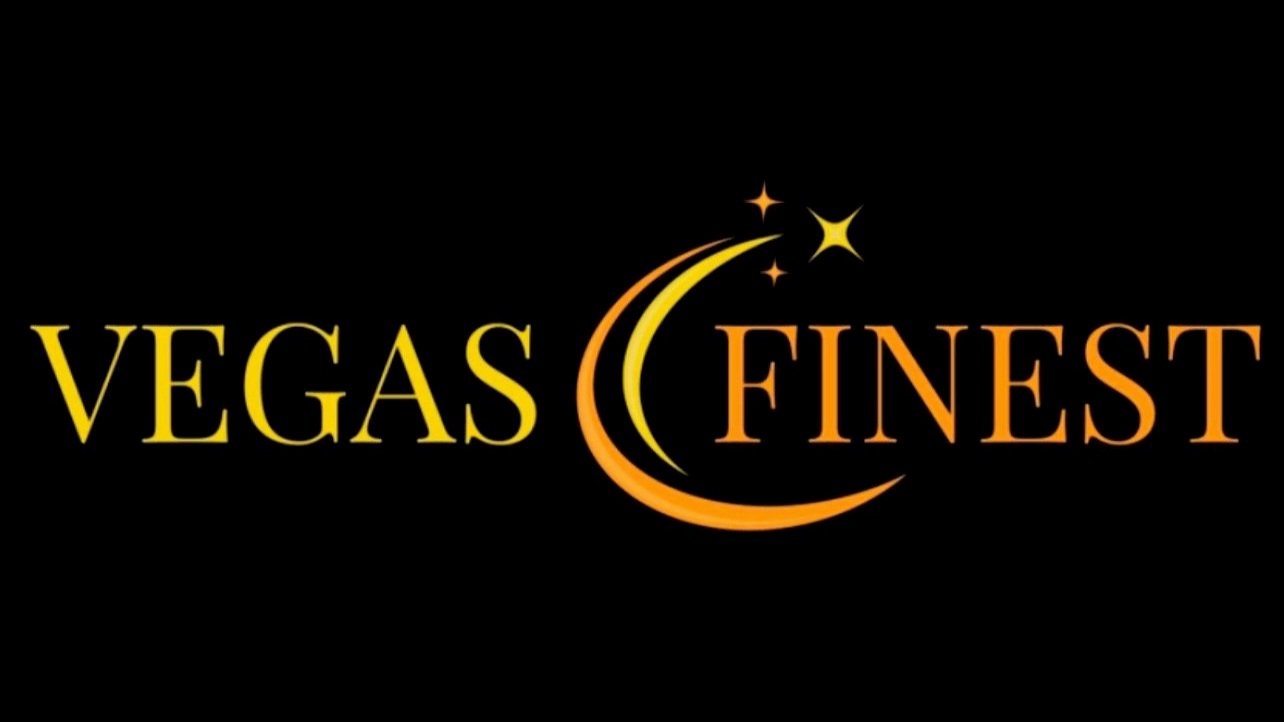Frequently Asked Questions
1. What is mediation?
Mediation is a voluntary, confidential process where a neutral third party (the mediator) helps disputing parties communicate, understand each other’s perspectives, and work toward a mutually acceptable resolution.
2. How is mediation different from arbitration or litigation?
Unlike arbitration or litigation, mediation is a collaborative process rather than an adversarial one. The mediator does not make decisions or impose outcomes but facilitates productive discussions to help parties reach their own agreements.
3. What types of disputes can be mediated?
Mediation is effective for a variety of conflicts, including:
Workplace and employment disputes
Contract and business disagreements
Team and leadership conflicts
Discrimination and harassment complaints
Landlord-tenant or community disputes
4. What are the benefits of mediation?
Confidentiality – Discussions remain private.
Cost-effective – Mediation costs 60-90% less than litigation.
Time-saving – Cases that go to court can take 12-24 months, while mediation often resolves disputes within weeks or days.
High success rate – Studies show 70-80% of mediations result in a settlement.
Preserves relationships – Encourages constructive dialogue rather than adversarial proceedings.
Flexible & tailored solutions – Outcomes are customized to the parties’ needs.
5. How long does mediation take?
The duration varies based on the complexity of the dispute. Sessions typically last 2–4 hours, but some cases require multiple sessions. A resolution can often be reached within a few days to weeks, compared to months or years in litigation.
6. What is the role of the mediator?
The mediator acts as a neutral facilitator, guiding the conversation, helping clarify issues, and encouraging open communication. They do not take sides or make decisions but ensure a fair and balanced process.
7. Do I need a lawyer for mediation?
No, legal representation is not required, but parties may choose to consult an attorney before or after mediation to review agreements.
8. What happens if an agreement is reached?
If parties reach a resolution, the mediator helps draft a written agreement, outlining the terms. This can be a legally binding contract if both parties agree and sign it.
9. What if we don’t reach an agreement?
Mediation is non-binding, meaning parties are not forced to agree. If no resolution is reached, they can explore other options, such as arbitration, litigation, or further negotiations.
10. How do I start the mediation process?
Simply reach out to discuss your situation and schedule a consultation. The mediator will explain the process, answer questions, and determine the best approach for your case.
Did You Know? Over 75% of employers report that workplace conflict leads to reduced productivity, yet mediation can resolve disputes faster, saving businesses thousands in legal fees and lost time.
